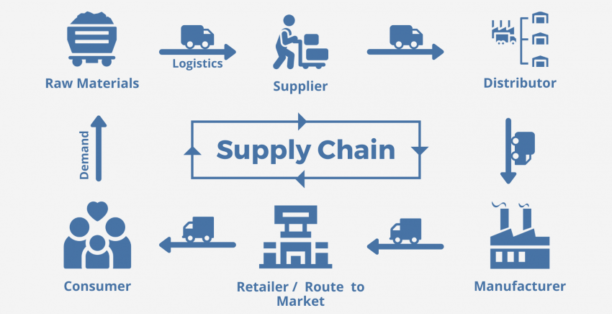Inside the Propane Industry’s Supply Chain

The propane industry’s supply chain is a complex network that ensures the safe and timely delivery of propane to millions of homes, businesses, and industries across the country. Understanding this supply chain is crucial for anyone involved in the propane industry, as it affects everything from pricing to customer satisfaction.
Production and Sourcing
The journey of propane begins with production, typically as a byproduct of natural gas processing and crude oil refining. Major producers operate in regions rich in natural gas and oil, ensuring a steady supply of propane. As a propane business, knowing where your propane comes from and the stability of these sources is key to maintaining a reliable supply for your customers.
Transportation and Storage
Once produced, propane needs to be transported to storage facilities before it reaches end users. This is usually done via pipelines, railroads, trucks, and ships. Each method has its own set of challenges, such as weather conditions, regulations, and infrastructure limitations. Proper planning and flexibility in choosing transportation options can help you minimize disruptions and keep costs in check.
Distribution and Delivery
After reaching regional storage facilities, propane is distributed to local suppliers and, finally, to customers. Efficient distribution systems are essential for maintaining a steady supply to meet demand, especially during peak seasons like winter. Investing in advanced logistics systems and maintaining a fleet of reliable delivery vehicles can help ensure timely deliveries, keeping your customers satisfied.
Market Fluctuations
The propane supply chain is influenced by various factors that can cause market fluctuations. These include changes in crude oil prices, natural gas production levels, weather patterns, and geopolitical events. As a propane business owner, staying informed about these factors can help you anticipate price changes and make informed purchasing decisions.
Regulations and Compliance
The propane industry is heavily regulated to ensure safety and environmental protection. Understanding these regulations and staying compliant is not only a legal requirement but also a way to build trust with your customers. Regularly review your business practices to ensure they align with current laws and industry standards.
Technology and Innovation
Incorporating technology into your supply chain operations can lead to greater efficiency and cost savings. From automated delivery systems to advanced forecasting tools, there are many ways to streamline your supply chain. Staying updated with the latest technology trends can give your business a competitive edge.
Conclusion
The propane industry’s supply chain is a vital component of your business. By understanding each stage – from production to delivery – you can make informed decisions that enhance your operations, reduce costs, and improve customer satisfaction. Keeping a close eye on market trends, regulatory changes, and technological advancements will ensure your propane business remains competitive in an ever-evolving market.














